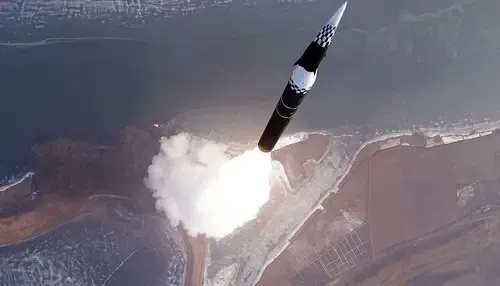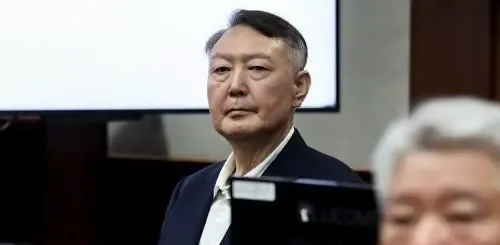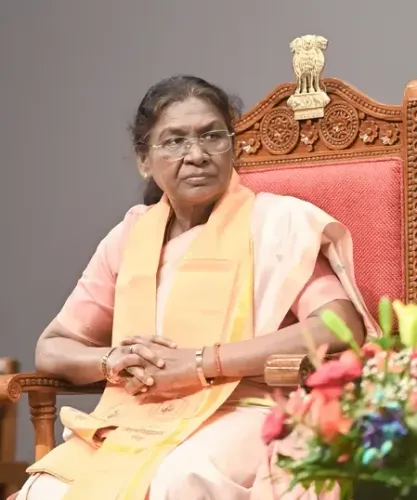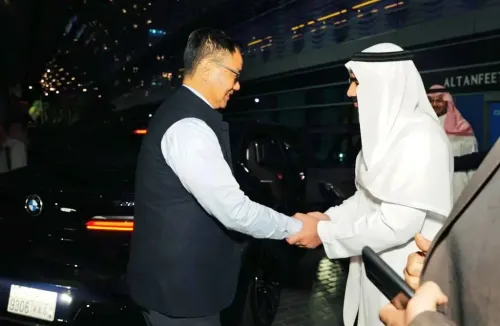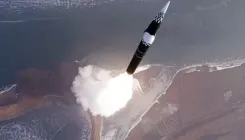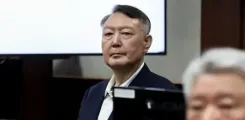Guterres Unveils ‘UN80 Initiative’ to Modernize the Global Body
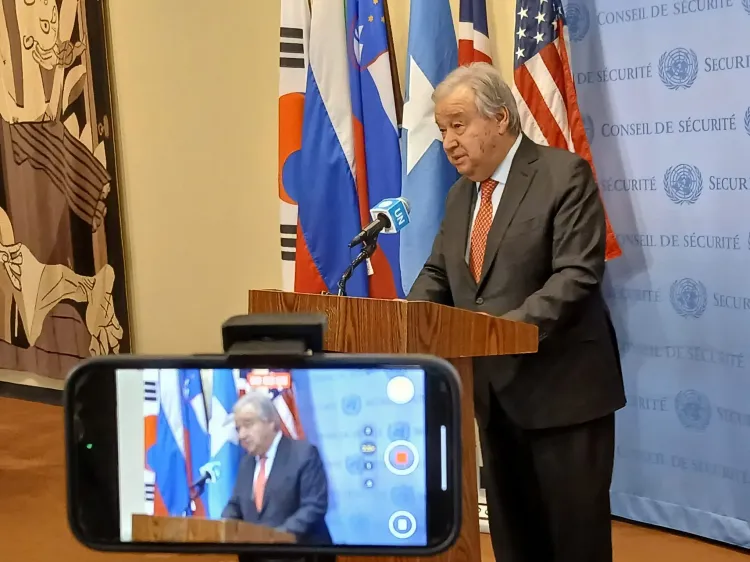
Synopsis
Key Takeaways
- Launch of UN80 Initiative to modernize the UN.
- Task Force appointed to enhance operational efficiency.
- Strategic review of UN’s financial and structural processes.
- Focus on ensuring humanitarian aid remains vital.
- Strong push for reform of the Security Council.
United Nations, March 12 (NationPress) UN Secretary-General Antonio Guterres on Wednesday introduced the UN80 Initiative aimed at revitalizing the global organization which has been stuck in a 1945 time warp to ensure its relevance today.
In a correspondence to member nations, Guterres stated: "The governance mechanisms and practices of the international system still mirror the world as it existed eighty years ago."
He remarked that while the world has "changed dramatically" in the last eight decades, the multilateral system has not adapted accordingly.
This year's celebration of the UN's 80th anniversary presents a "perfect opportunity" to intensify the reforms undertaken in recent years and to advance the UN 2.0 process focusing on innovation and modernization.
During his address to the General Assembly regarding the letter and his vision for updating the organization, he officially launched the UN80 Initiative.
To facilitate this, he announced the formation of a dedicated internal Task Force led by Under-Secretary-General Guy Ryder to generate recommendations for member nations in three key areas.
These include identifying efficiencies and enhancements in the UN's operations; assessing the execution of all mandates assigned by members, and conducting a "strategic review" of deeper structural changes and program realignment within the UN System.
Guterres expressed his intention to act swiftly in areas within his authority while encouraging member states to deliberate on numerous decisions that lie with them.
He highlighted the UN’s finances as an area demanding urgent attention.
"Budgets at the United Nations are not mere figures on a balance sheet – they are vital for the lives of millions globally," he asserted.
"We must ensure value for money while promoting shared values," he added.
Later, during a press briefing, Guterres was inquired if his UN80 Initiative resembled President Donald Trump’s Department of Government Efficiency (DOGE) program led by billionaire entrepreneur Elon Musk, which has been reducing staff and terminating various activities.
Guterres clarified: "This is unrelated to that type of initiative. We are discussing entirely different processes, methodologies, and goals."
He emphasized, "This is a continuation and intensification of work we have always been engaged in," citing examples of UN agencies relocating some operations to Nairobi from pricier locations.
He acknowledged that "thousands of staff have been let go by several agencies", but insisted that "agencies are resilient, and they adjust according to circumstances" by modifying staffing levels.
While the UN is capable of adapting to financial limitations, the reduction of humanitarian assistance poses a life-and-death concern for individuals worldwide.
"More people will perish from HIV/AIDS, malaria, or TB if humanitarian aid to vulnerable communities is diminished, thereby exacerbating their hardships and leading to dire consequences," he stated.
"We can adapt, consolidate, and enhance the UN's effectiveness and cost-efficiency, but we cannot resolve the issues of those we can no longer support due to lack of resources," he concluded.
Guterres did not address the reform of the Security Council in his letter or General Assembly speech, despite its outdated structure from post-World War II geopolitics that excludes Africa, Latin America, and much of Asia from permanent membership.
There is a robust movement, spearheaded by African nations, to place Council reform on the agenda during this year’s 80th anniversary of the UN's inception.

